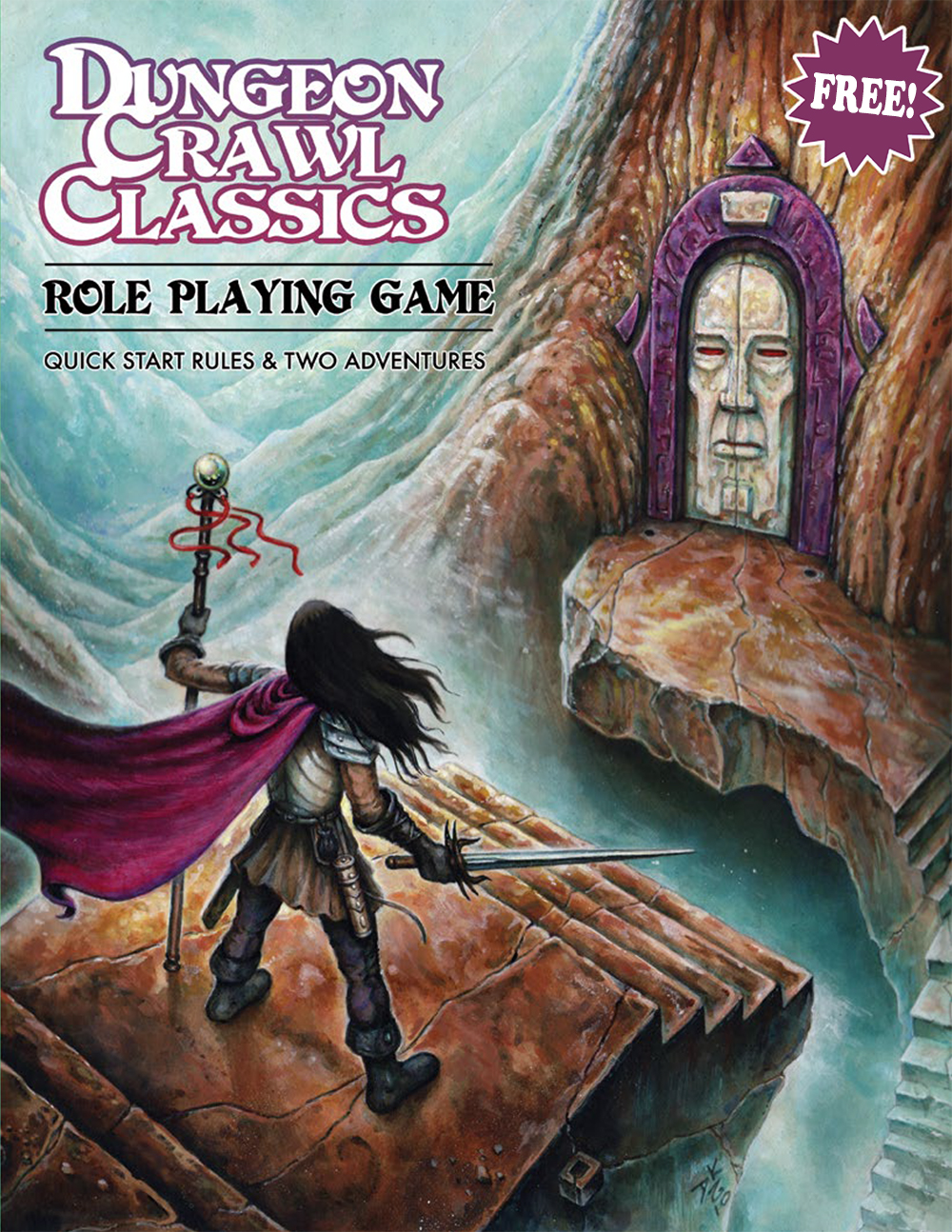A Chicago Archaeologist in King Thiudahad’s Court: A Look at L. Sprague de Camp’s Lest Darkness Fall
by Bill Ward
In a flash, unassuming archaeologist Martin Padway finds himself displaced in time, slipping from the Rome of Mussolini’s Italy in 1938 into the Rome of the sixth century, AD 535 to be exact. With nothing but the contents of his pockets, a lifetime of learning, and off-the-charts levels of audacity, he sets about not only securing a life for himself, but staving off the collapse of the entire classical world. Fortunately for Western Civilization Martin Padway – who will no doubt be revered in some alternate historical timeline as Martinus Paduei – has an almost John Carter-like suite of superpowers at his disposal. Padway is no fighter, however, and his power has nothing to do with gravity (though he does happen to spill the beans on Einstein’s General Relativity a millennium and a half early…), but rather consists of an encyclopedic knowledge of Procopius’ Gothic Wars, enough Classical Latin and Modern Italian to pidgin his way through the language of the day, and a pretty sharp memory of High School chemistry. It’s a good thing, too, because all of Italy is about to be plunged into a destructive, decades-long war that will achieve nothing in the long-term beyond a further degradation of civilization itself, and Martin must scramble to prevent, even reverse, the coming fiasco . . . Lest Darkness Fall.
A classic of time travel and alternate history science fiction, L. Sprague de Camp’s Lest Darkness Fall is a bit of an anti-Connecticut Yankee in King Arthur’s Court. Both stories involve irrepressibly competent protagonists bringing anachronistic progress to the benighted past, and both are played to comic effect. But Twain’s tale is a scathing satire of the unquestioned idea of progress of his own day, as rational Yankee-ingenuity despoils the majesty of a romantic age of myth. De Camp’s novel takes the opposite view, his rational man-of-action is presented as unquestionably correct in his motives and outlook, from his Gibbonesque view of religion to his embrace of realpolitik, Gothic Kingdom-style. There is little self-reflection and even less irony in Padway’s story as he diligently seeks to alter the past, but that’s just fine, as de Camp moves from one crisis to another in this fast-moving celebration of 20th century American can-do bringing order to the chaos of a civilization on the brink.
Much of the humor that both books have in common is the fish-out-of-water narrative of the modern man interacting with an alien past culture. The front half of Lest Darkness Fall is the most playful in this respect, following Martin from one ingenious plan to another as the world of sixth-century Rome reacts in perplexity, wonder, or hostility. Even more compelling, the major strength of the work, is the almost entrepreneurial drama of Martin’s earliest days in a very foreign Rome in which he finds himself penniless, friendless, and bereft of any true understanding of local culture. To secure a loan he trades the secret of Arabic numerals and double-entry bookkeeping to a banker, to generate an income he introduces that potent distillate of wine, brandy, to a thirsty public. On more than one occasion he is accused of being a sorcerer, but that’s nothing a little blackmail through his newfangled newspaper, the Tempora Roma, can’t overcome. To get funding for his semaphore telegraph, he sets up a joint-stock company with members of the notoriously ‘too-proud-to-trade’ Senatorial class, and to ingratiate himself with the nearsighted, bookish Gothic King Thiudahad, he presents the monarch with not only a magnifying glass, but the details of the Copernican Theory of Heliocentrism.
The industrious Martin moves from mysterious inventor and wealthy businessman into the very centers of the corridors of power, though not without a few thwarted arrests, bribed officials, prison escapes, and desperate sword battles to render his road to power is a bumpy one. His intimate knowledge of the immediate history of his era isn’t just useful for winning a few off-hand bets, it helps him navigate the complicated thread of Gothic politics and even defeat the preeminent military mind of the age. Outsider status makes him vulnerable, but also allows him to balance the many ethnic, class, cultural, and religious conflicts of the day – a running joke of the book is Martin frequently parrying the question of his religion, by claiming to be a Congregationalist: “That’s the nearest thing to [insert religion of listener] that we have [in my country].” In addition to a fortune, he makes friends, and he makes enemies, but above all he makes a profound difference to the course of history.
Lest Darkness Fall is full of fun references to readers familiar with the period, but an intimate knowledge of the Age of Justinian is hardly necessary to enjoy it. Certainly, something that might surprise some readers is – and perhaps here is where a degree of irony creeps in – that Martin’s goal of preserving the classical west and preventing the dark ages has him defeat an Eastern Roman attempt to reunify the empire under Constantinople. Justinian’s brief moment of imperial glory in the sixth century was ultimately doomed, but only someone with Martin’s future knowledge could have predicted how fruitless the campaign would prove. Getting the head-strong, tribal Goths, and their dissolute or otherwise defeated Italian subjects to work effectively together takes several miracles of technology and tenacity, and Martin’s early exasperation in dealing with the hidebound craftsmen and traders crucial to his business enterprises only increases as he confronts venal Senators, suspicious clergy, warrior aristocrats, and a ridiculously ruthless Gothic Princess.
The stranger-in-a-strange-land humor and relentlessly-paced problem-solving plot make Lest Darkness Fall a real page-turner. It is the perfect material for de Camp’s very rational, almost anti-Romantic attitude (there is a scene where Martin tries to cut a dashing figure on horseback for a lady he wishes to impress – he immediately blunders into an oxcart) – indeed, you might almost say it was attitudes like de Camp’s that Twain satirized in his own time-travel tale. It is a story where the thrills are intellectual, which is not to say they are difficult to work out, but rather cleverness and ingenuity eclipse the human passions almost completely, even Martin’s own motivations come across as dispassionate and reasoned. The strongest human elements are the endearing cast of supporting characters that Martin entangles himself with: Thomasas the Syrian who strongly disagrees with every proposition before he turns around to embrace it, and who invokes rhetorical asides to God in every conversation; Fritharik the gloomy displaced Vandal nobleman, alternating between talk of his lost garden estate and the shallow grave that awaits them all; King Thiudahad, who is more of an absentminded professor than tribal monarch; or the hopelessly erudite patrician Cornelius Anicius, so caught up in flowery rhetoric that it’s impossible to know what he’s talking about at times.
Above all, Lest Darkness Fall is a fast, fun adventure for anyone who ever daydreamed about what it would be like to carve out a life for themselves in the foreign country that is our own past. Overflowing with clever premises and sudden reversals, a strong supporting cast of amusing characters, and a richness of historical detail that makes what is essentially a tongue-in-cheek tale not only come alive for the reader but present real dramatic stakes. Mostly, though, it’s one playful anachronism after another: from the small beginnings of a barbarian stranger trying to find craftsmen to bend some copper tubing or grind a lens, to the wild culmination of Quaestor Martinus Paduei, reminiscent of another head of state in a period of civil war, consulting (semaphore) telegraph messages from the front and worrying about the timing of his Emancipation Proclamation, Lest Darkness Fall is a lighthearted but thoroughly engrossing novel that makes history its playground, and invites the reader along for the ride.










